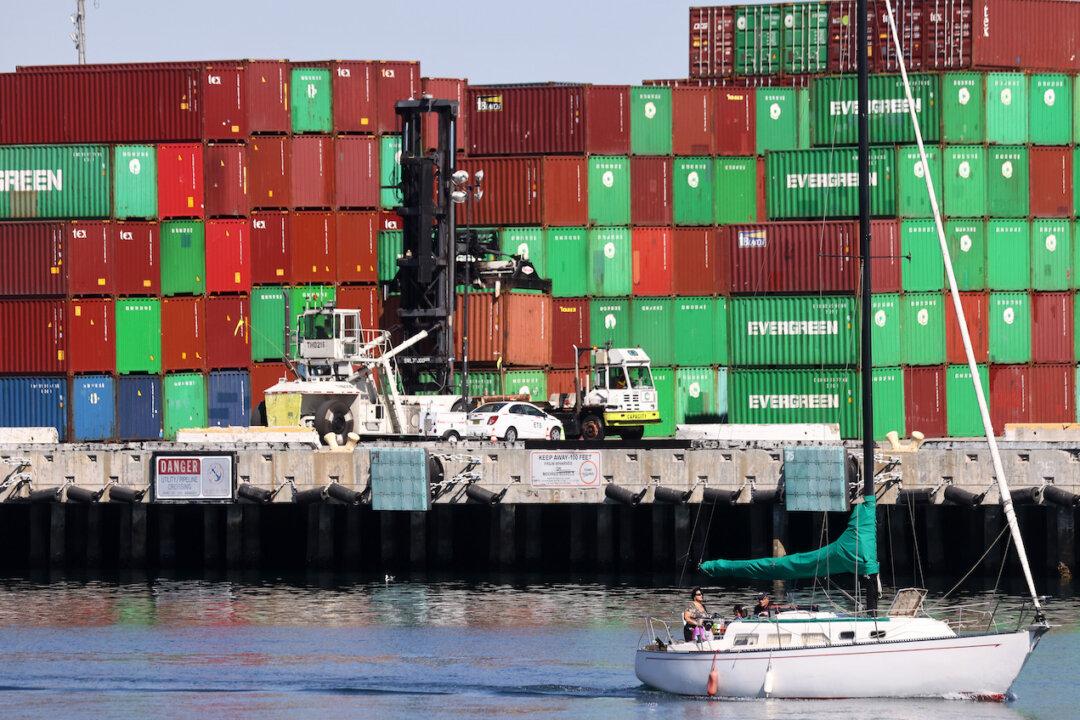The Biden administration on Tuesday announced a plan to alleviate immediate supply chain bottlenecks at ports as part of efforts to address potential shortages of goods and price hikes leading up to the holiday season.
The multibillion-dollar plan also makes some long-term investments to strengthen the resiliency of the country’s ports, waterways, and freight infrastructure, to improve supply chain issues currently taking a toll on smaller businesses and causing consumers to face higher prices.




